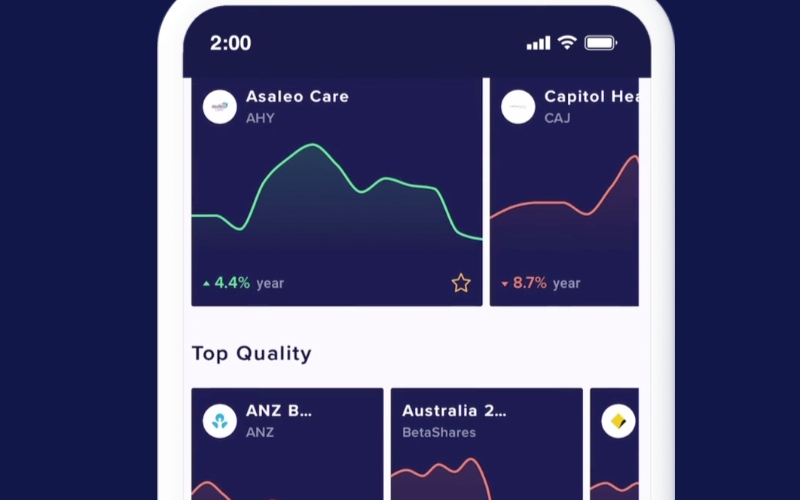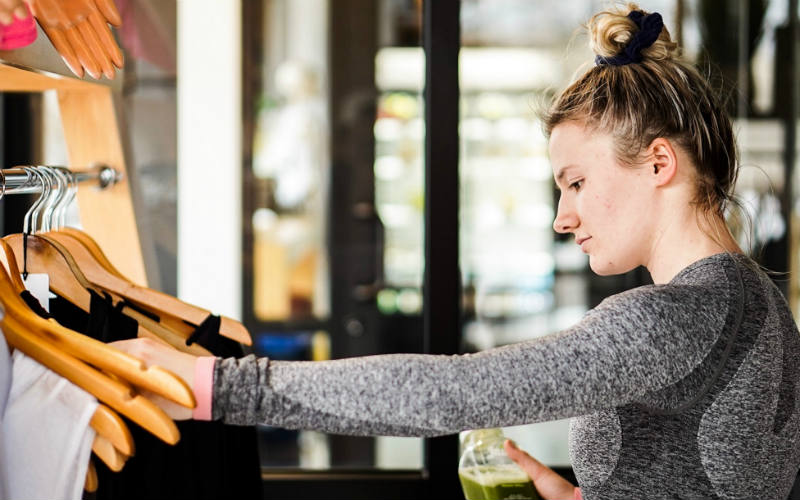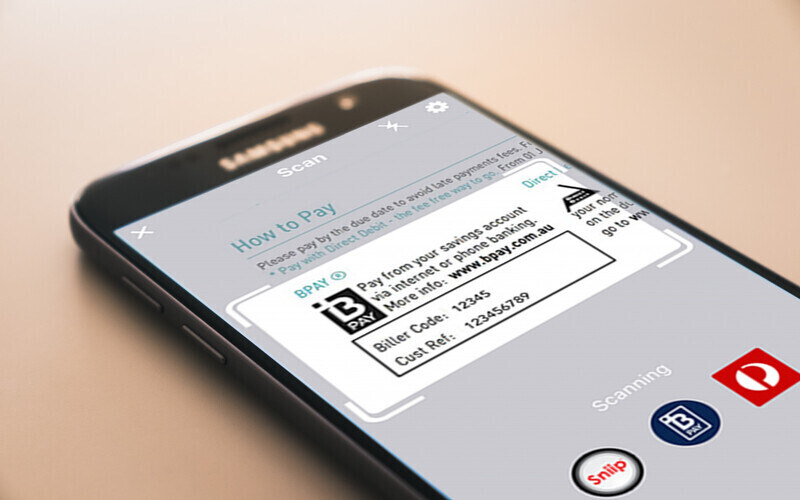Australians have been quick off the mark to lodge their tax returns this year after many were promised a guaranteed $1,080, and they’re getting set to spend their refunds, according to Commonwealth Bank (CBA).
The bank’s Household Spending Intentions (HSI) series shows a sharp lift in the total value of tax refunds and the average size of refunds, with the number of people lodging in the July/August period above “normal” levels, according to CBA Chief Economist Michael Blythe.
“The refunds are not surprising but the rate of inflow suggests that many households have moved early to secure their refunds. The boost to household spending power is larger and coming through sooner than originally expected,” Mr Blythe said.
“The better news is that this tax refund money seems set to flow through to consumer spending. The upward trend that we have seen in retail spending intentions is a positive signal.”
According to the bank, consumers are willing to splash their cash on most categories.
CBA’s analysis shows Australians are set to spend their cash on houses, travel, retail and entertainment, in a much-needed coup for the economy.
Meanwhile, education and health and fitness spending remained flat while car purchases continued to drag.
New car sales in Australia have been on the decline for almost two years now, as buyers struggle to obtain finance.
“These (car buying) intentions are off their absolute lows but they remain deeply mired in negative territory. It seems that the negative wealth effect from earlier falls in dwelling prices lingers on in some areas of consumer spending,” Mr Blythe said.
But that could all be about to change. According to Mr Blythe, the housing market appears to be going from strength to strength.
“The housing market has turned sooner and more aggressively than expected. And CBA’s home buying spending intentions point to further solid improvement ahead,” Mr Blythe said.
“The accelerated turn in home buying intentions is a positive indicator for retail spending, consumer confidence and construction activity.”
CBA’s findings contrast with those from ME Bank and Westpac, which found that most Australians are actually planning on saving their refunds.
According to Westpac, more than half of Australians who have already received their tax return said they would save over half to the full amount of the payment, indicating Australians are becoming more cautious about their finances.
Westpac Chief Economist Bill Evans said their research found consumers are concerned about the economy and global factors.
“News on both was widely assessed as more unfavourable, with the proportion reporting ‘unfavourable’ doubling over the year. There was a comparable lift in the proportion reporting employment news as ‘unfavourable’ as well,” Mr Evans said.
The Reserve Bank of Australia (RBA) has maintained that household spending, which makes up the biggest part of the economy, is what’s needed to boost the economy.


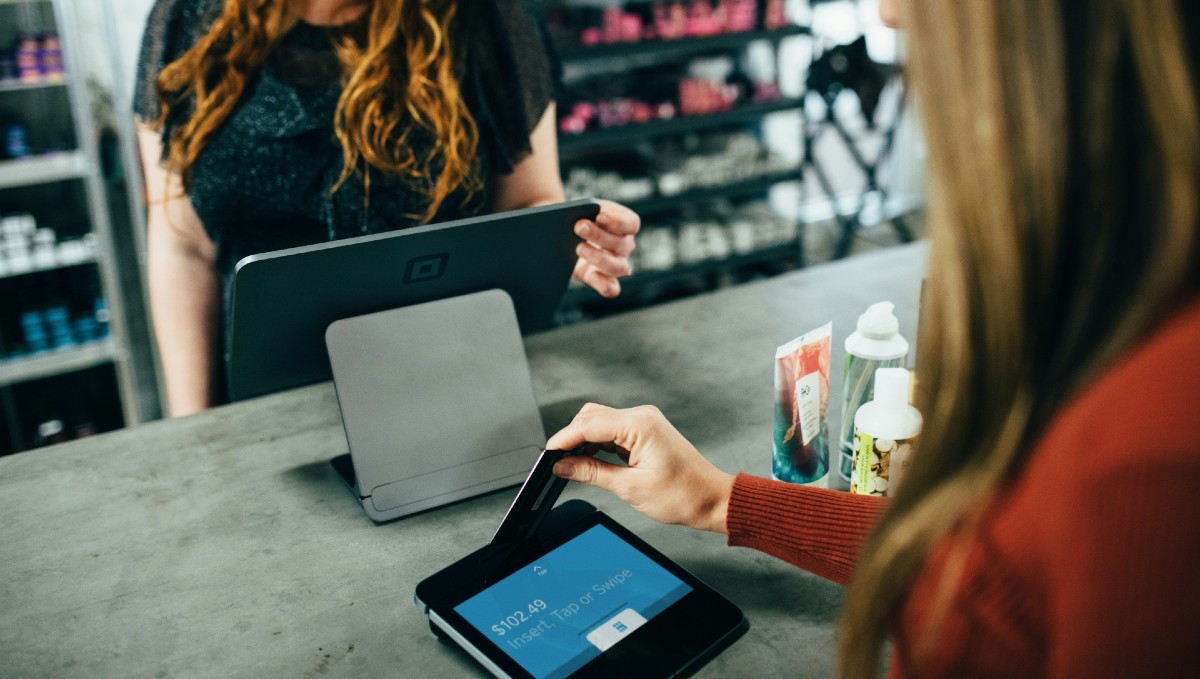
 Denise Raward
Denise Raward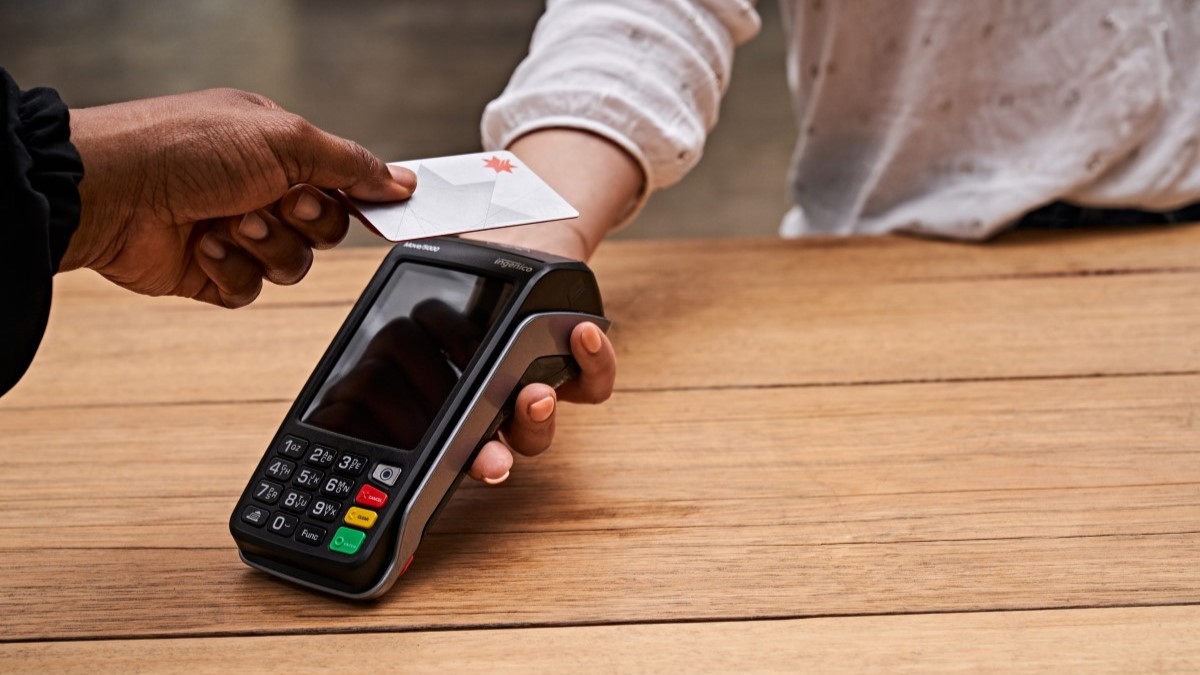

 Emma Duffy
Emma Duffy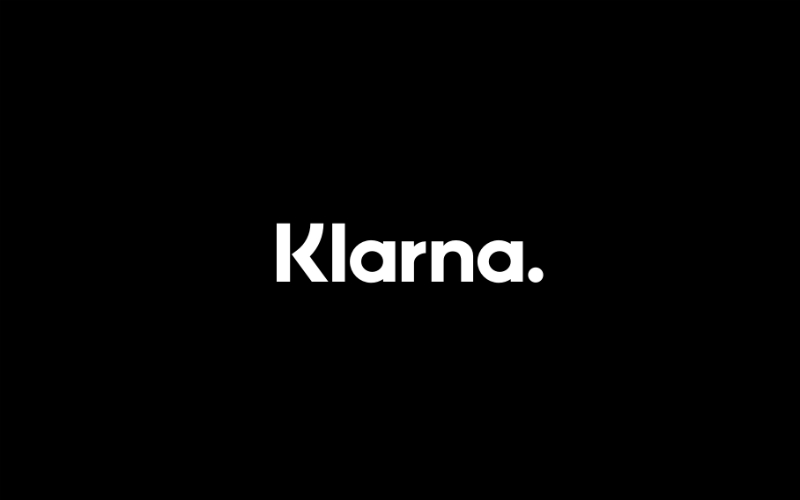
 William Jolly
William Jolly